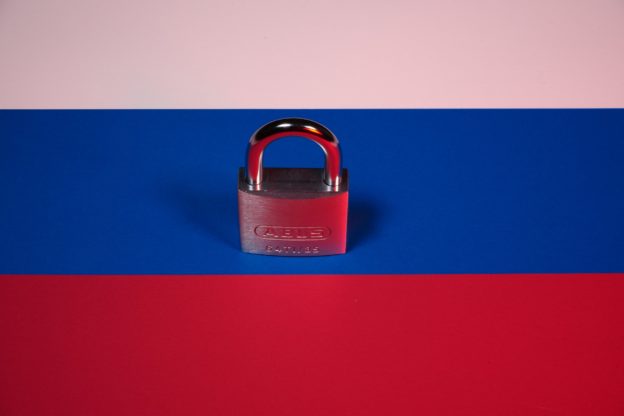On 5 September 2024, the Court of Justice of the European Union delivered a judgment in the JEMERAK case (case No. C-109/23), appearing to contradict the guidance of the European Commission (‘the Commission’) set out in its FAQs (Frequently Asked Questions) regarding the provision of legal services related to the sanctions adopted following Russia’s military aggression against Ukraine. The Court ruled that a notary can freely authenticate the sale of a property belonging to an unlisted Russian company without violating the sanctions against Russia.
This dispute is based on the amendment of 6 October 2022 in Regulation (EU) No. 833/2014 on restrictive measures applicable to Russia by adding a global ban on legal advice services for any legal person established in Russia, regardless of its presence on the lists of persons to whom other sanctions are applied. Article 5 quindecies lays down this prohibition but excludes the provision of services necessary to guarantee access to judicial proceedings.
The facts took place in Germany, where a notary in Berlin refused to authenticate a contract for the sale of an apartment located in the city because it belonged to a Russian company (not listed) pursuant to Article 5. The German court decided to refer the matter to the Court of Justice to determine whether the prohibition applies in this situation.
Both the referring court and Advocate General Medina had ruled out the application of that prohibition. In its ruling, the German court cited the Commission’s non-binding FAQs, which stated that the above-mentioned ban on legal services also covered notarial activity on behalf of legal persons established in Russia.
Nevertheless, a significant degree of uncertainty as to the correct interpretation of the provision remained. This uncertainty extended to the ancillary tasks normally performed by the notary for the execution of the contract of sale after its authentication and to the services to be provided by an interpreter who, according to the law, must assist a party who does not have a command of German in the authentication of a contract of sale.
In her Opinion, the Advocate General argued that the concept of “legal advice services” was autonomous and presupposed the presence of an element of legal advice, which does not appear in the notary’s authentication mission. The concept must be differentiated from legal services in general, not all of which are prohibited.
To base its decision, the CJEU took into account German legislation which provides that a contract for the sale of immovable property must necessarily be authenticated by a notary acting as an independent and impartial advisor to all parties. Regulation No. 833/2014 does contain the prohibition of legal advice services but does not aim to prevent people from disposing of their property and accessing the procedure for registration in the land register. Divergent national laws could lead to different applications.
In its judgment, the CJEU considers that in the absence of a definition of the concept of “legal advice services”, the usual meaning of words in everyday language must be used considering the context. Thus, the Court stated that with authentication, the notary does not provide legal advice services, but acts independently and impartially within the framework of a mission entrusted to him by the State. In particular, the Court noted that the notary does not provide legal advice intended to promote the specific interests of the parties, subject to verification by the Berlin court provided for in the texts.
In conclusion, the prohibition on offering legal advice services contained in Regulation No. 833/2014 does not concern the authentication by a notary of a Member State of a contract for the sale of immovable property located in the territory of that State and belonging to a legal person established in Russia. The same solution applies to the notaries’ ancillary enforcement acts and to the translation services of an interpreter.
Link to the judgment: Judgment of the Court of Justice in Case C-109/23 Jeremak of 5 September 2024
***
Our team remains at your disposal for any further information at the following address: dscustomsdouane@dsavocats.com.

